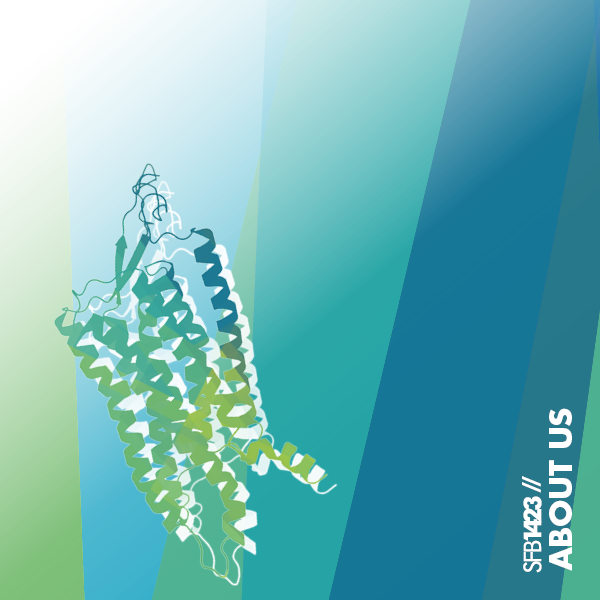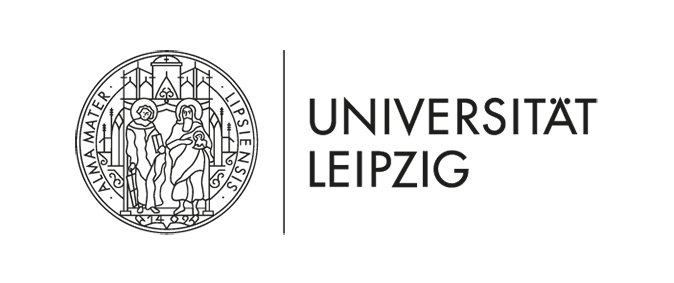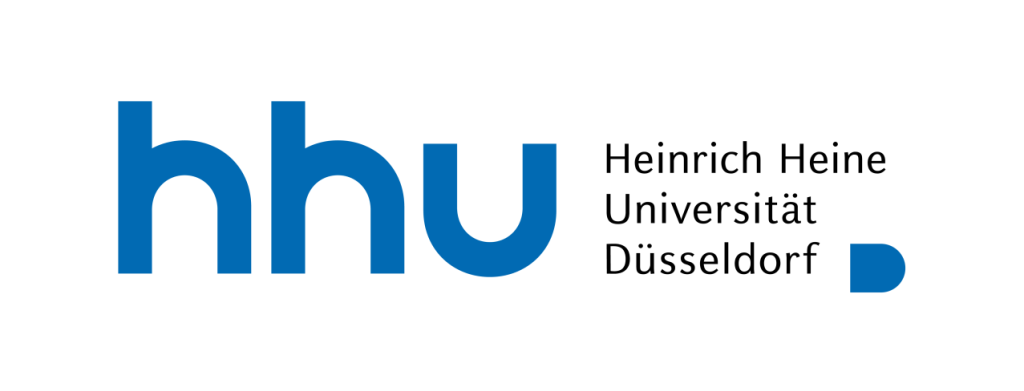

Good Research Practice of the SFB1423
The SFB1423 conforms to the DFG Code of Conduct: Guidelines for Safeguarding Good Research (PDF, 2019), and is committed to academic integrity, fairness and exemplary scientific conduct. The members also act according to their Regulations of Good Scientific Practice of the respective faculties according to their official duties, e.g. Leipzig University: Statutes on Safeguarding Good Academic Practice (PDF, 2022).
All members are encouraged to continuously update their knowledge about new features and additions in good scientific practice. Specific courses have been established in IRTG’s qualification program and are mandatory for all postdocs and doctoral students.
What is good scientific practice?
Since the end of the 1990s, the term “good scientific practice” has developed into a bundle of terms designed to ensure professional quality in the scientific system. It comprises rules and recommendations on how to do justice to scientific ethical maxims in everyday work. To this end, the Commission of the German Research Foundation DFG first adopted recommendations in 1998, which were established by the DFG-funded universities and research institutions. It was not until 2013 that these recommendations were updated and supplemented by others. The memorandum, which now comprises 17 recommendations, guides the actions of scientific institutions in Germany.
Basic principle of good scientific practice?
Under the primacy of honesty towards oneself and others, the principle of scientific work can be summarised as follows:
- comprehensible, verifiable and accessible documentation of all results
- consistent self and external criticism of the results
- honesty with regard to the contributions of partners, competitors and predecessors
This basic principle is also the first recommendation of the DFG memorandum and should be made possible at all times by scientific institutions and implemented by individuals.
Recommendations relevant to Doctoral Studies – Criteria of a Scientific Qualification
As a prospective scientist, you have already been confronted with the demands of scientific work many times in the course of your previous studies. For qualification theses such as dissertations, it is particularly important to meet the highest possible standards of scientific quality. Compliance with the basic scientific principle will certainly lead you to the recognition of your doctorate. In addition, the position papers listed below will provide you with concrete indications of the characteristics of an academic qualification thesis.
Further Links (only in german):
- Positionspapier des Allgemeinen Fakultätentages und des deutschen Hochschulverbands
- Positionspapier des Wissenschaftsrates zur Sicherung der Qualität bei Promotionen
- Ordung der Sächsischen Akademie der Wissenschaften zu Leipzig zur Sicheung guter wissenschaftlicher Praxis
- Präsentation „Sicherung guter wissenschaftlicher Praxis“ (A. Reichenbach, Leipzig University, Medical Faculty)
- Informationsbroschüre zum wissenschaftlichen Arbeiten (von kisswin.de)
Bodies of Good Research Practice
The Office of Ombudspersons offers advice and support to scholars at Leipzig University in matters concerning good academic practice – and how academic dishonesty can undermine this. Each and every tangible suspicion will be investigated, regardless of the standing of the individual in question.
Office of Ombudspersons
Phone +49 341 97-30234
Web https://www.uni-leipzig.de/en/research/research-service/office-of-ombudspersons/
In addition to our university’s own ombudspersons, the DFG has appointed a national German Research Ombudsman. Independently of any connection to the DFG, it offers direct advice and support to scholars in matters concerning good academic practice and how this can be undermined by academic dishonesty. It is not possible to appeal to both ombudsman bodies in parallel.
The DFG regards the best possible promotion of young researchers as preventive work. Accordingly, experienced researchers are responsible for supporting young researchers. Recommendation 4 of the DFG is devoted exclusively to the promotion of young researchers and demands that every doctoral candidate should benefit from appropriate scientific funding by ensuring his/her supervision. There should be a first point of contact for everyone. In addition to this reference person, other contact persons should be known for support in conflict situations, etc. The DFG also recommends increased communication in scientific working groups, support in career planning and the development of a concrete support concept for doctoral students.
Within our Graduateschool the SFB1423 has set up a Template for a Supervision Agreement. All doctoral researchers and thesis advisors need to sign this mutual supervision agreement that regulates the details of the support, expectations, the frequency mode of progress reports and other practicalities during the thesis. Also, measures of conflict resolution will be detailed in this agreement as well as support for young parents.
Download: Supervision Agreement (PDF, 2021)
DFG Memorandum:
German Science Council Position Paper:
International Statements
- THE EUROPEAN CODE FOR RESEARCH INTEGRITY
- GRC STATEMENT OF PRINCIPLES FOR RESEARCH INTEGRITY
- SINGAPORE STATEMENT ON RESEARCH INTEGRITY
- MONTREAL STATEMENT ON RESEARCH INTEGRITY IN CROSS-BOUNDARY RESEARCH COLLABORATION
- HONG KONG MANIFESTO FOR ASSESSING RESEARCHERS
- COMMITTEE ON PUBLICATION ETHICS (COPE)
- EUROPEAN NETWORK OF RESEARCH INTEGRITY OFFICES (ENRIO)






